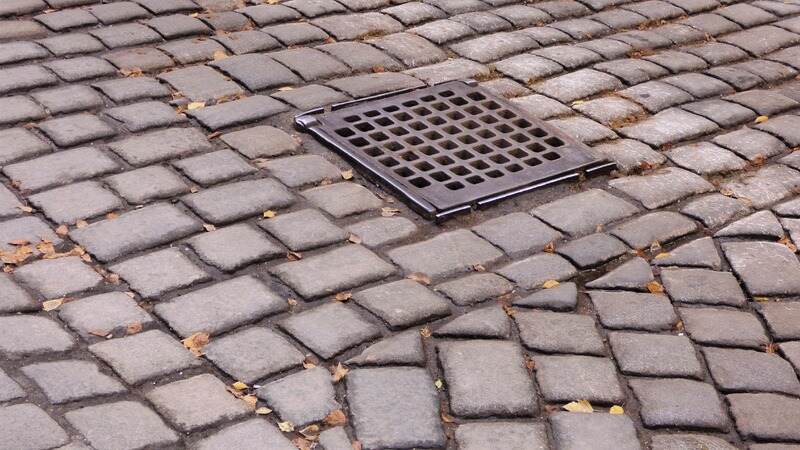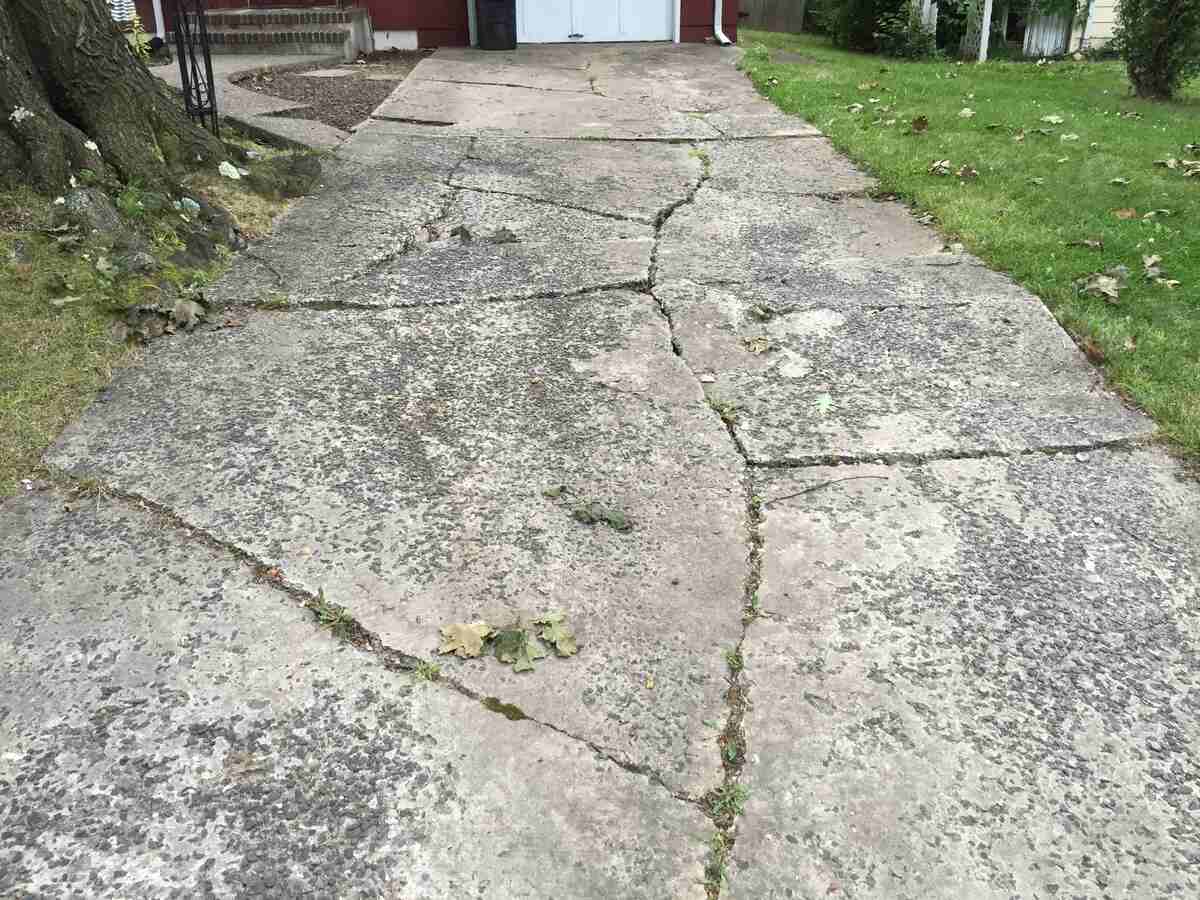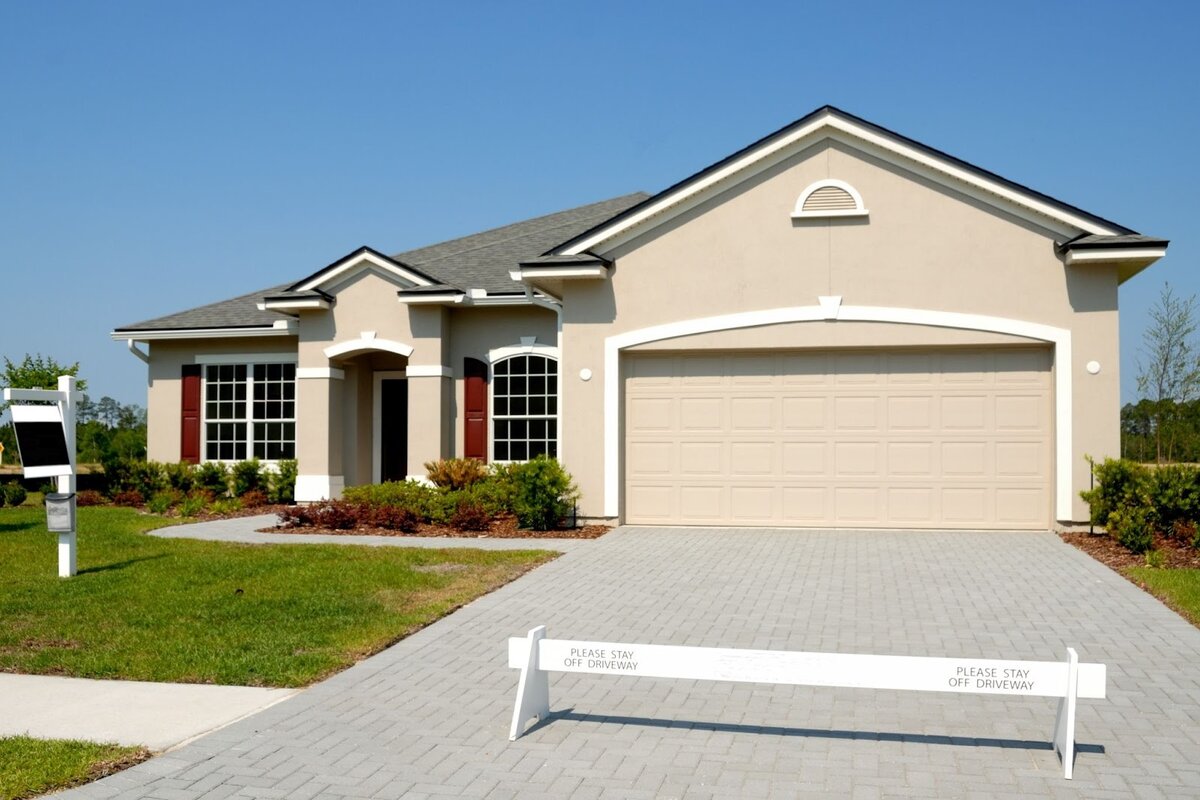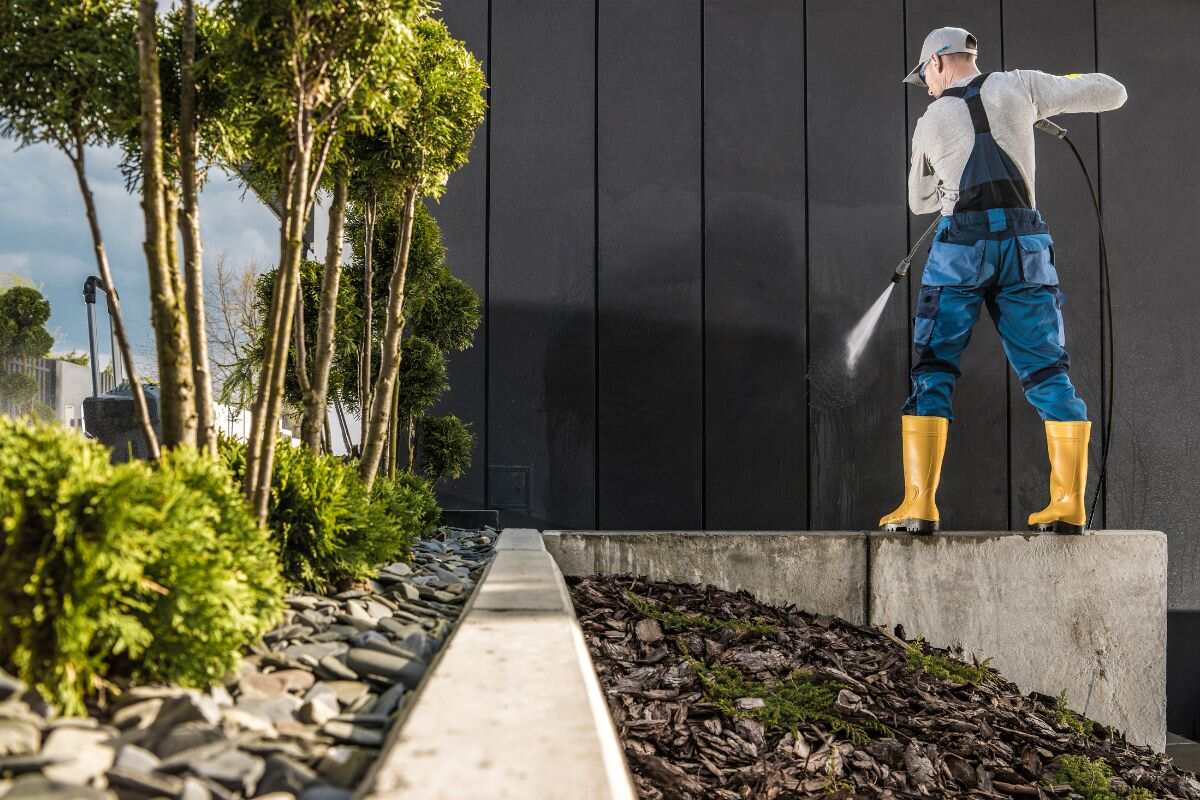
Your driveway is one of the toughest, most long-lasting areas of the house. Driveway cracking is as inescapable as forces like soil expansion and upheaval, shrinkage, and freeze and thaw cycles. But some routine maintenance can extend the life of your driveway, and protect your home’s foundation too. We gathered a few tips for preventing cracks in your driveway and keeping it looking sharp for years.
What Causes Driveways to Crack?
Before we learn how to prevent cracks in a driveway, let’s explore what brings them about in the first place. A few common culprits include:
- Freeze and Thaw Cycles: Water is the biggest enemy of your driveway. It gets into the surface any chance it gets. Heavy rainfall, snow, and ice melts may also cause water to seep into the driveway’s surface. As the temperature changes, it freezes, expands, thaws, and refreezes over and over, resulting in cracks and crumbles.
- Expansion From Heat: Concrete can crack from heat expansion. As the surface heats up, the concrete expands and pushes up to relieve the pressure buildup and causes cracks. Sun exposure and warm temperatures can dry up your asphalt driveway and leave it brittle.
- Sharp Object Damage: Sharp items like snowblower blades and snow shovels can scrape and scratch or even tear chunks out of your driveway. These dings and scrapes can draw in water, salt, and snowmelt and cause further cracking on the surface.
- Improper Curing: If moisture isn’t correctly controlled during initial curing, the surface can lose moisture faster and cure quicker than the rest of the concrete slab. This causes cracking. Subpar concrete mix can result in early cracks, too.
- Tree Roots: If your driveway is close to trees, the tree roots might grow and spread beneath the concrete or asphalt and apply pressure from below. As the base layers push up to make space for growing roots, the surface will crack.
- Poor Base and Foundation: Your driveway may also crack due to a faulty foundation installation. If the base isn’t packed tightly with crushed stone and gravel or has sand or soil substrates filled, it can shift and erode over time, causing cracks on the surface.
- Excessive Weight: Heavy or oversized vehicles can crack your driveway because both asphalt and concrete have weight limits. Even if they can endure the weight, the ground beneath might not. It will shift from the weight and crack the concrete surface.
- Incorrect Spacing of Control Joints: Control joints are strategically placed to prevent concrete cracks and when it’s not done right, your driveway will crack.
7 Tips to Prevent Cracks in Your Driveway
While there is no way to guarantee that your driveway won’t develop cracks, you can still successfully prevent future cracks with regular maintenance. Here’s how you do it:
1. Maintain Good Water Drainage Systems

Observe how rainwater, melted snow, and ice flows from your gutters and downspouts. If there is a leak or clogging, the water runoff can pool up or flow underneath your driveway. The water freezes and thaws with the temperature changes, and the repeated stress of these cycles results in cracked concrete and botched asphalt.
Make sure that water coming from gutters and downspouts is directed away from your home’s foundation and is also safely flowing away from the driveway, porch, sidewalk, or patio. If your drainage system has a problem area causing the runoff to reach the driveway or part of it, fix it.
Cleaning your gutters twice a year can help prevent water problems. On average, gutter cleaning costs $120 to $200 if you hire a pro and $38 to $230 if you do it yourself. Even if you’re not an experienced DIY-er, working with the appropriate gutter cleaning tools and following basic instructions will get the job done easily.
Similarly, water may not drain if your driveway doesn’t have a proper slope. You may want to get your driveway repaired or even replaced to fix the drainage issue and prevent serious, more costly damages later.
Asphalt driveways are also prone to damage from frost heave. If the soil under an asphalt driveway gets wet and moist, it can freeze, swell, and push the surface upwards to crack.
2. Manage Vegetation

Your landscaping may look more attractive with trees and shrubs lining the driveway, but roots that can cause major damage to the driveway in the long run.
Plants, especially ones with near-surface root systems, exert pressure on the driveway surface as well as the foundation, leaving the surface cracked and the foundation weak.
Consider removing or moving trees or vegetation growing around your driveway. You can easily dig up small trees and bushes and replant them at a distance. For larger trees, install a tree root barrier system or remove them. You can hire a landscaping designer for $50 to $150 per hour and get a detailed landscaping plan that manages vegetation around the driveway.
Another silent culprit of driveway cracking is sod and weeds. Keep the driveway edged so there is room for melted snow and rainwater to flow away from the driveway. This guide explains how to do it yourself.
3. Regularly Monitor and Fix Cracks

As your driveway ages, it will form a few cracks even if you take care of it with all that you’ve got. Keep an eye out for cracks and fix them before they snowball.
You can call a home improvement professional to fix cracks and seal your driveway or do it yourself with the help of a few repair materials. Either way, timely action is important to prevent bigger, deeper cracks. Use a flexible crack filler to fill hairline cracks and a self-leveling compound on the surface.
4. Keep it Clean

Leaves and dirt might not seem like a problem, but these seemingly harmless things can also degrade your driveway. Keep your concrete and asphalt clean to prevent cracks.
All you need is your garden hose or pressure washer and a broom to sweep away all debris. Remove any spills and stains as soon as they appear. LawnStarter has a detailed guide on cleaning stains in your driveway. Use cat litter to soak excess moisture from spills and stains and scrub it clean with a cleaner and water solution.
5. Distribute Weight Evenly
Managing weight can be a bit challenging for driveways since they’re meant for parking. You can reduce damage from weight by changing the location of your vehicle when you park. Asphalt is more prone to cracking from weight fatigue and reducing prolonged stress on certain parts will help.
6. Seal and Resurface

An important part of driveway maintenance is sealing concrete driveways annually and sealing asphalt driveways every few years. This prevents water from penetrating the surface, freezing underground, expanding, and cracking the driveway.
Sealcoat will protect your driveway from UV rays, water, spills, oil, and more. It prevents asphalt from oxidation and dramatically reduces the damage it sustains. Make sure you apply sealant or resurface the entire driveway instead of patches to make sure the protection is even and doesn’t interfere with your home’s curb appeal. Resurfacing an asphalt driveway will cost around $2 to $5 on average.
7. Patch Holes

Sometimes potholes can appear out of nowhere. The reason could be a faulty installation or improper base. But when they do, take care of it as soon as possible to avoid further damage.
Potholes can damage your vehicle’s suspension and tires, and may even become a tripping hazard for people walking over the driveway. Make sure you remove any debris such as leaves, sticks, or trash from the pothole before repairing it to prevent weeds and insects from growing.
Frequently Asked Questions
If you’re sealing your driveway on your own, your DIY project can range anywhere from $15 to $160 for repair materials and sealant. Professional driveway sealing costs range from $176 to $444.
A concrete driveway should at least last 20 to 25 years whereas an asphalt driveway should last for 20 years before cracks start forming.
Resurfacing is a more cost-effective way to restore a damaged driveway. It will easily add five to ten more years to your driveway’s life. Resurfacing an asphalt driveway costs around $2,050 on average, or $2 to $5 per square foot.
But if your driveway has developed very deep cracks, and potholes, or is causing damage to your foundation, you might want to consider replacing it. Installing a concrete driveway will cost somewhere between $1,885 and $6,475 and between $3,086 and $7,912 for an asphalt driveway.
Need an Expert’s Advice on Your Driveway?
Driveways often get ignored when it comes to home maintenance. But you can always make a call for a home improvement pro at LawnStarter to lend you a hand and make the task easier. You can schedule a consultation with the expert who will inspect your driveway and make suggestions for all the treatments it needs.
Main Image Credit: Ablestock.com / Canva Pro / License




